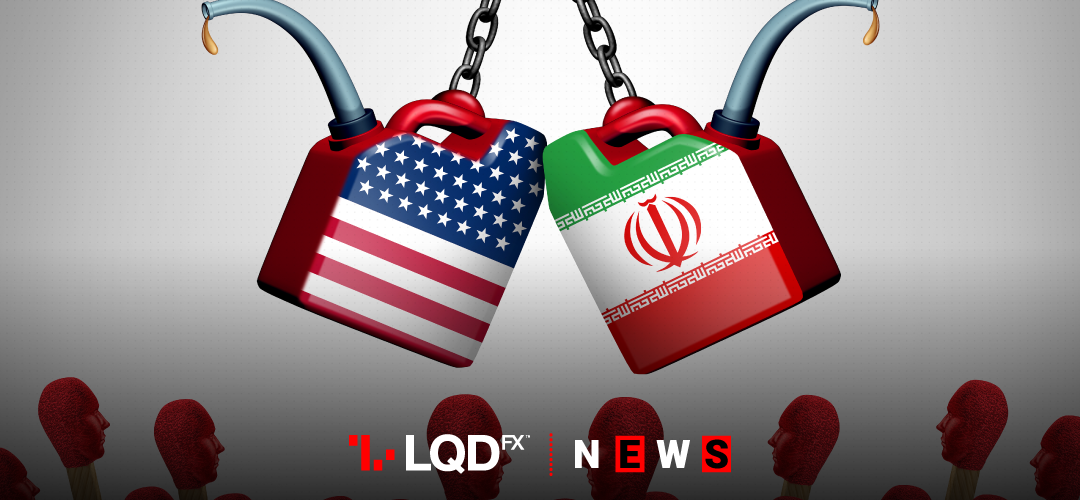At the same time, dozens of people were killed in a stampede as mourners packed streets for the funeral of a slain Iranian military commander. Iran’s ISNA news agency said the burial had been postponed, but did not say how long any delay would last.
The Pentagon announced on Friday that the US has killed Qassem Soleimani who was a key Iranian military commander. Soleimani, one of the most powerful men in Iran, was killed in an airstrike at Baghdad International Airport. He was the leader of the Revolutionary Guards’ Quds Force, which the US deems a foreign terrorist organization. Tensions in the region have since then escalated to new heights.
A senior Iranian official said Tehran was considering several scenarios to avenge his killing. Other senior figures have said Iran will match the scale of Soleimani’s killing when it responds but that it will choose the time and place.
Despite its rhetoric, analysts say Iran will want to avoid any conventional conflict with the United States. Iran will likely focus on asymmetric strikes, such as sabotage or other military action via proxies.
World shares steadied and oil pulled back from multi-month highs.
The Japanese yen and Swiss franc pulled back from recent highs as investors judged that the chances of an all-out conflict had eased.
Markets & Data
- Euro zone inflation jumped as expected last month, offering some temporary relief for European Central Bank policymakers.
- On the trade front, the U.S. and China will probably sign a Phase 1 deal on Jan. 15 to de-escalate a prolonged trade war. The trade deal would relieve pressure on a stumbling global economy. According to Eurostat inflation in the Eurozone rose to 1.3% as expected in December from 1.0% in November.
- Eurostat added that retail trade, an indicator of household demand, was much stronger than expected in November.
- The ECB will next meet on Jan. 23, when it is expected to launch its policy review.
- U.S. trade balance data, factory orders, and numbers from the services sector are due later.
- Sentiment remains fragile due to continued worries about a further deterioration in relations between the U.S. and Iran.
- Equity markets, which had weakened on Monday, rebounded. European equities rose as much as 0.7%, tracking similar gains in Asia.
Forex – MidEast risk reconsidered by investors
The U.S. dollar, which fell on Monday, gained, with the euro down 0.2% to $1.1176. Against a basket of currencies, the dollar index firmed marginally to 96.712.
Australia’s dollar sunk 0.9% to $0.6876. Markets worried about the economic impact of deadly bushfires ravaging the country.
The Japanese yen fell from a three-month high versus the dollar. The dollar rose 0.1% to 108.46 yen.
The Swiss franc, another currency perceived as safe, fell from four-month highs against the euro and dropped versus the dollar. The Swiss currency weakened 0.4% versus the dollar to 0.9712 francs and 0.2% against the euro to 1.0860 francs.
The euro was little moved by data showing inflation in the euro zone had accelerated in December and retail sales were stronger than expected.
Sterling strengthened slightly as British lawmakers prepare to vote this week on Prime Minister Boris Johnson’s EU withdrawal deal. The pound was last trading up 0.1% at $1.3184, rising also by 0.25% versus the euro to 84.83 pence. The British currency strengthened to as much as $1.3210 earlier, its highest since Jan. 2.
Oil gave back some of its gains amid signs that Iran would be unlikely to strike against the US in a way that would disrupt supplies. Brent crude futures fell 44 cents to $68.48 a barrel, having been as high as $70.74 on Monday. WTI dropped 34 cents to $62.93.
Gold retreated to $1,569.41 an ounce, after scaling a near seven-year peak overnight.
PLEASE NOTE The information above is not investment advice.
Sources: Reuters, Investing, CNN money
